
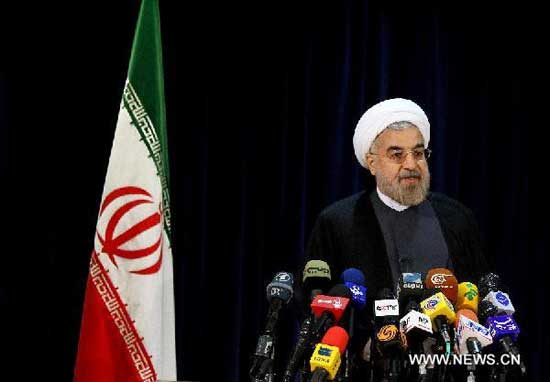 |
| Iran's former chief nuclear negotiator Hassan Rouhani speaks at a press conference after registration for Iran's 11th presidential election in Tehran May 7, 2013. Candidates for Iran's 11th presidential election, slated for June 14, began to register on May 7. (Xinhua/Ahmad Halabisaz) |
TEHRAN, May 7 (Xinhua) -- Iran's former chief nuclear negotiator and incumbent senior member of Expediency Council Hassan Rouhani registered on Tuesday for the upcoming presidential campaign.
Candidates for Iran's 11th presidential election began to register on Tuesday. Iranians, who obtain the requirements stipulated in Iran's Constitution, will be able to sign up for the race until May 11 at the country's Interior Ministry.
On the sidelines of registration ceremony on Tuesday, Rouhani told reporters "I have always been moderate and have had good and close relations with both moderate principlists and moderate reformists," adding that "I believe that moderate figures from both principlists and reformists will incline toward me and will support me."
About Iran's nuclear issue, Rouhani said that he will try to return Iran's nuclear dossier from UN Security Council to its real place, the International Atomic Energy Agency (IAEA). Iran's nuclear program is "peaceful" and the issue should be settled in the IAEA, he maintained.
As Iran's chief nuclear negotiator from 2003 to 2005 in reformist President Mohammad Khatami's time, Rouhani led Iran's nuclear negotiations with the European Union trio of Britain, France, and Germany.
Rouhani, the candidate of Iran's Moderation and Development Party, said earlier that "parties can play a valuable role in the society" and political parties need to be strengthened in Iran.
Political parties in the Islamic republic do not have a major role in designating the country's political strategies. As for the presidential elections, for instance, candidates run for president individually, or influential political figures introduce their candidate for the elections.
"Making important decisions will encounter serious problems if parties are not empowered and do not find their (rightful) place," he was quoted as saying by Press TV.
He said that he will form a "government of wisdom and hope," and plans to draw up a blueprint on "civil rights" if he wins the polls.
Dynamic culture, pragmatic politics and flourishing economy are three key elements in managing the country, he added.
To set the stage for his presidential campaign, he will soon publish an "economic blueprint," he said, adding that creating " sustainable employment" is at the top of his agenda.
Rouhani also said he would not submit to world powers but will "interact" with them if elected president in the June elections.
In the meantime, former intelligence minister Ali Younesi said recently that Rouhani has entered the presidential competition with a full support from former moderate Iranian president Akbar Hashemi Rafsanjani and this somehow shows that Rafsanjani himself will not be a candidate in the June presidential election.
After the registration for presidency is over on May 11, the Iranian Guardian Council of Constitution will study the qualification of candidates in a two-week time on the basis of a number of principles among them their belief in "the fundamental tenets of the Islamic republic and the country's official religion. "
According to Press TV, more than 20 religious and political figures have so far shown interest in running for presidential election slated for June 14.
The president of Iran is elected for a four-year term through a national election.
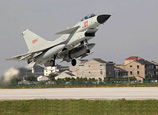
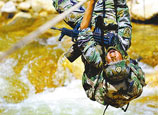
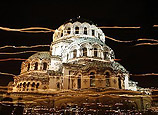
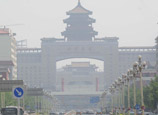
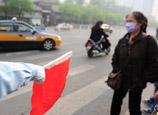


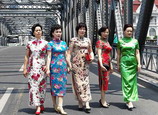
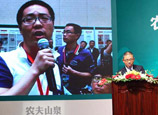
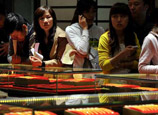






 Art of masked baby toys calls for clean air
Art of masked baby toys calls for clean air


![]()
